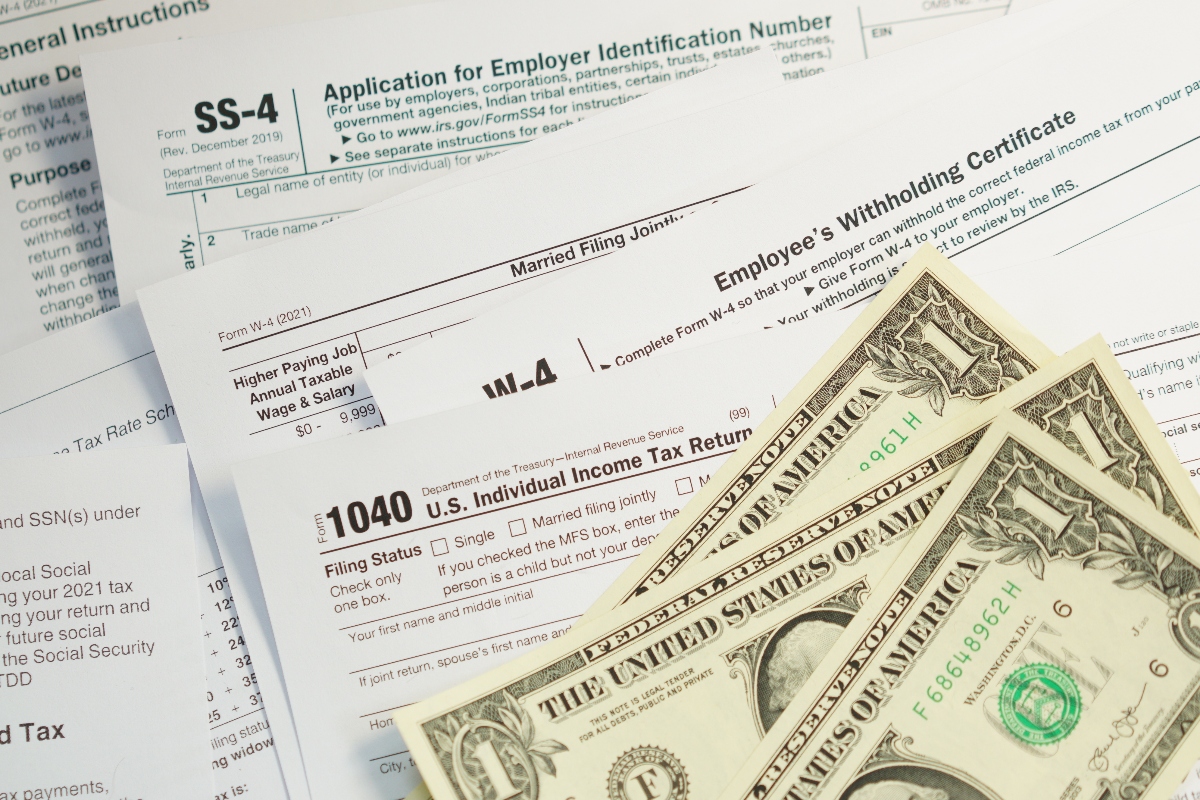President Donald Trump announced Wednesday from the Oval Office a new 25% tariff on all non-U.S.-made automobiles. The measure is in addition to existing tariffs and will go into effect as part of his so-called “Liberation Day” trade policy, scheduled for April 2, 2025.
Although it has not yet been clarified whether automotive parts will be subject to this tax, Trump explained that it will start with a base of 2.5% and that the new tariffs will be cumulative with respect to those already in place.
What about cars from Mexico and Canada?

During the previous weeks, the major U.S. automakers – Ford, General Motors and Stellantis – successfully lobbied for tariff exemptions for vehicles from Mexico and Canada, provided they comply with the terms of the T-MEC.
However, Trump made it clear that those exemptions will only be valid until April 2.
After that date, it is expected that tariffs will also apply to products from these countries.
This could make vehicles assembled outside the U.S. more expensive, even if they come from close trading allies.
Reactions from the automotive industry

The measure took several automotive companies by surprise.
An anonymous executive told CNN, “We all expected April 2 to be our day. But if the Trump administration has taught us anything, it’s that decisions are unexpected.”
The announcement of the new tariff could affect the final price of many vehicles sold in the US.
Most of them -even those of U.S. brands- are partially assembled in plants outside the country.
What does the tariff package include?

Trump also plans to announce a package of “reciprocal tariffs” that contemplate not only import tariffs, but also value-added taxes (VAT) and digital services taxes applied by countries such as India or European nations to U.S. products.
La medida tomó por sorpresa a varias compañías automotrices
QuéOnnda.com
Despite reports suggesting a possible reversal of this policy, the White House denied this version.
“Non-tariff barriers remain key factors that we want to address,” one official told CNN.
For more information, visit QuéOnnda.com.















